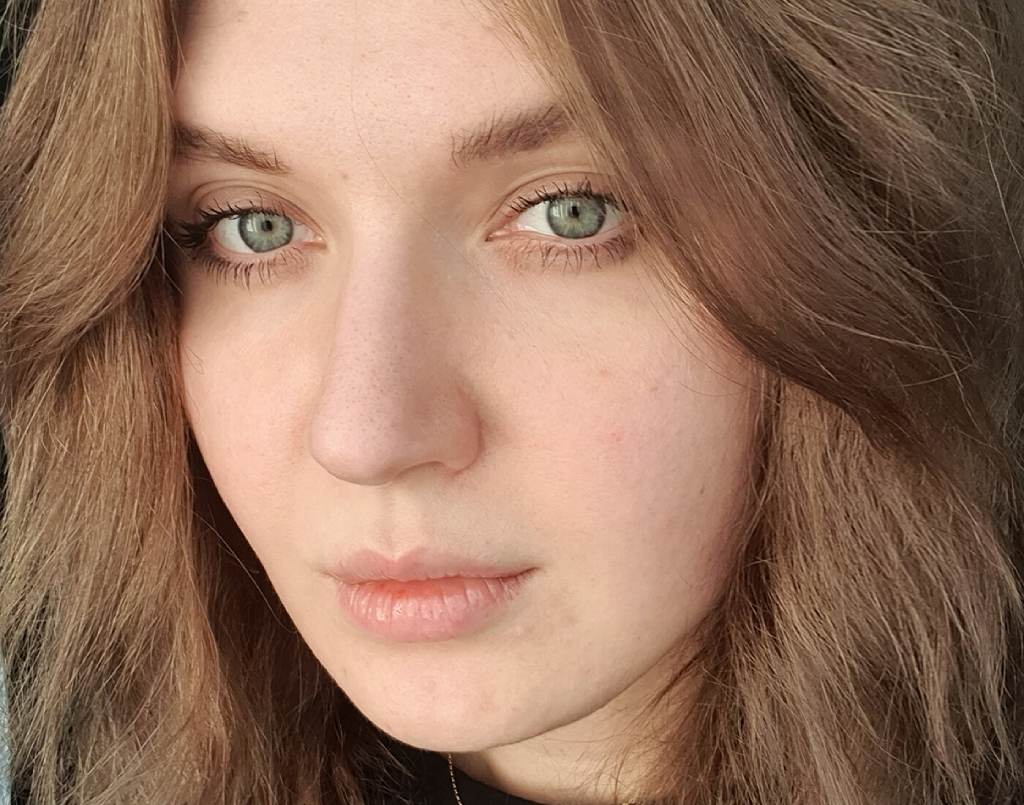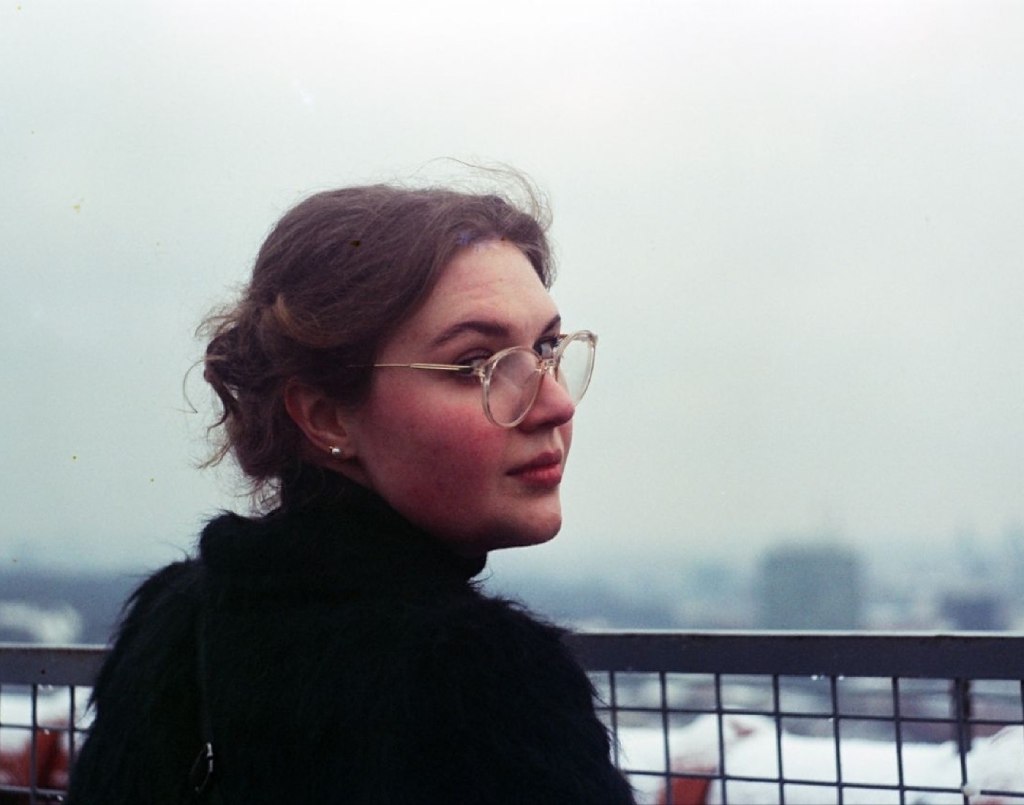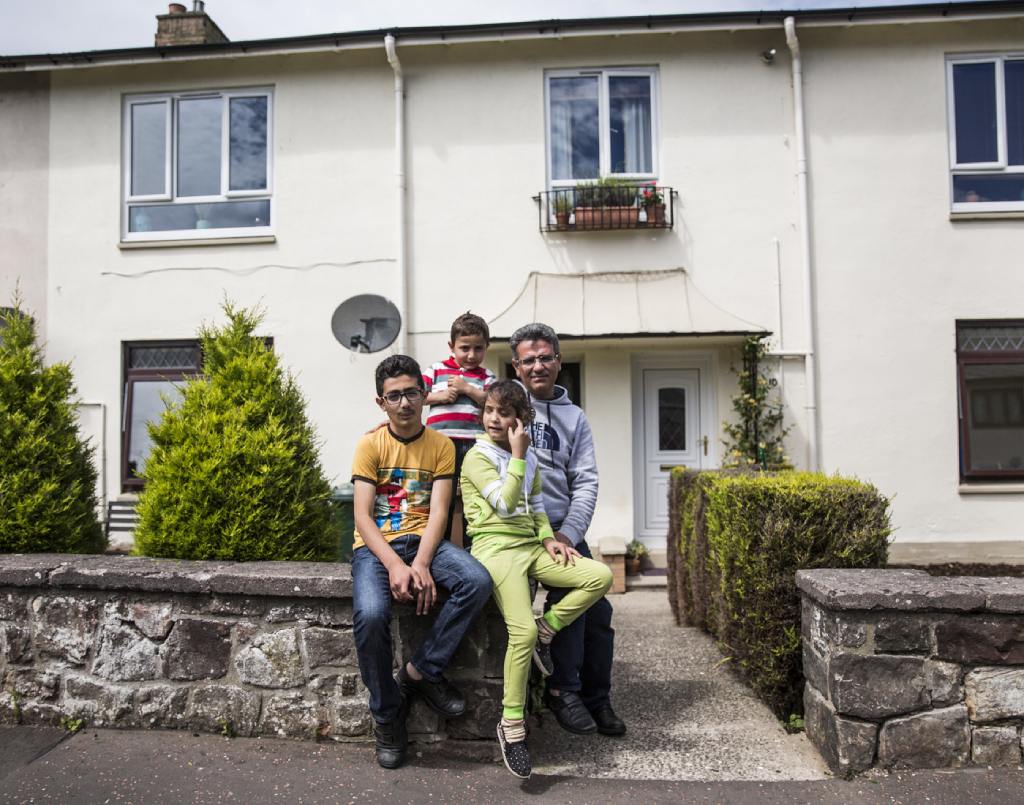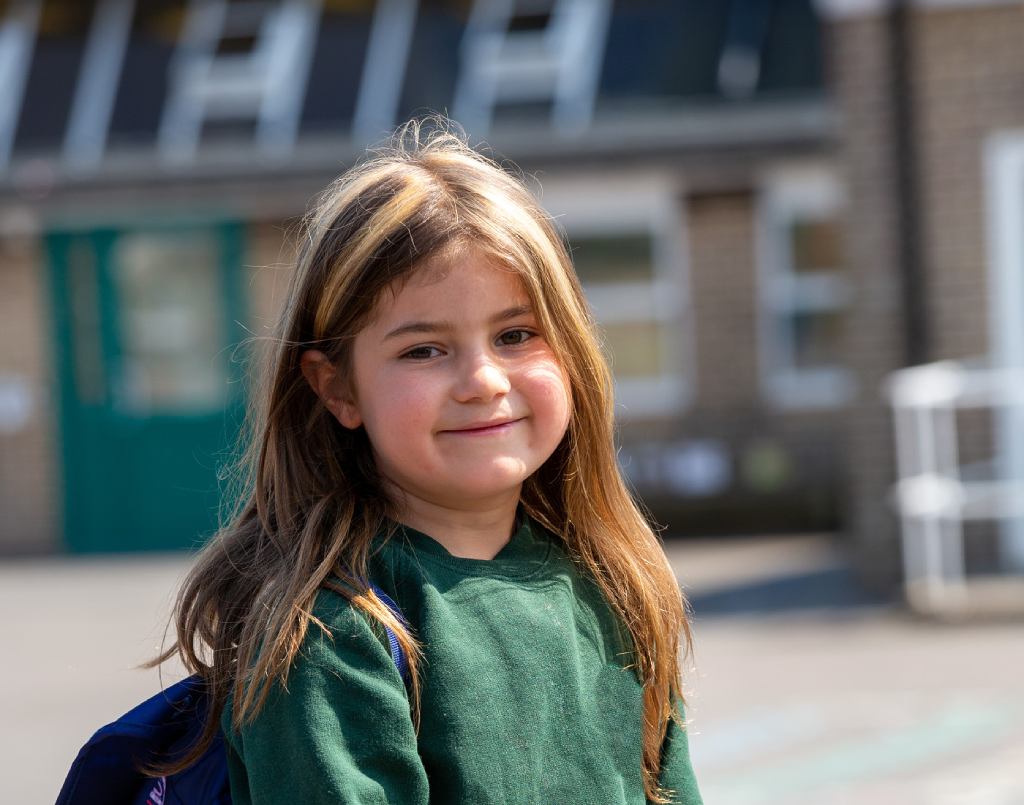The Pickwell Foundation is a grant making charity based in North Devon. Two families set up the foundation in 2012. It gives small to medium sized grants, by invitation, to charities that are working either with displaced people or in the area of climate change. A central part of its work is as a Lead Sponsor for community sponsorship groups in the North Devon area. Susannah Baker from the foundation tells their story.
When we started the Pickwell Foundation we gave money here and there, from any small amount of profit we could find from our businesses. It was informal at first and piecemeal, but then we managed to sell a company which enabled us to become more focussed about the areas we were really passionate about. We settled on the areas of the climate emergency and displaced people. There is a sense of responsibility that we all hold around these areas: the planet is precious; everyone deserves a safe place to live and home is so important to us. So we decided to partner with people and organisations working in those two areas.
There’s something in us that isn’t satisfied with just providing finance from a distance. Instead we like rolling up our sleeves and getting involved. When the news started happening about the devastating situation of people fleeing by land and sea from various places, we were so moved by that. When we found out about community sponsorship, I remember thinking, this is it! It ticked all our boxes. It was a bit nuts, particularly as we live in such a white, rural area. But where there is a will, there is a way.
We got talking to an active book group and a local faith group, we put them together and we made our first sponsorship group. Having that experience was so incredible, it was so deeply fulfilling. We welcomed our first family in 2017 but decided we didn’t want to stop there and we started to seed multiple groups. We contacted all the churches (ready-made sponsor groups, right?) within a 20 mile radius, to invite them to see how we did it and offered to support them through the process.
Over the years we have guided groups through every step of the way. Now we have seven groups that we have worked with directly under our foundation, and five families are here. We have two more coming in the coming weeks and hopefully we are about to start another group in another place in Devon. When we started out as a Lead Sponsor we had to become very self-reliant. We created our own systems, training, our own everything. But now it’s a joy having Reset there and all the training they have on offer. Community sponsorship varies from one area to the next – no one size fits all. So what works for a group in inner city London might not work in North Devon. But Reset works all across the UK and can guide you through the process.
There’s nothing more sobering and beautiful about being personally involved day-to-day with people who have gone through so much.
When a group first forms, one of the early things we do is to encourage the group to come up with a communications document. We ask: How will you describe what you’re doing to the local people? We want to empower the group to do it for themselves. After all, only they know the specific village or Town that they live in. In a rural context, everything you do is observed and so it’s important to get the messaging right.
At the moment we only sponsor groups in North Devon and we are trying to keep that boundary. We really like to connect with our volunteers and develop a real relationship with them. They’ve got a hotline to us anytime they need it (within reason!). Currently we don’t charge groups to be their Lead Sponsor. We think it’s enough for them to raise £9,000 and we are in an unusual position where we can self-fund what we do.
Being a Lead Sponsor can be challenging at times. As a Lead Sponsor, you are often working at capacity, but if something goes wrong, you have to step in as the buck stops with you. Working with community volunteers is an amazing privilege and honour but, of course being human, it can also involve personality clashes or disagreements as to how things should be done within the group. We are the first port of call for any issues that might arise. If needed however, Reset provides support or signposts to a person/organisation who can help us as a Lead Sponsor to deal with these challenges. We are part of the Lead Sponsors Network and that can sometimes provide a chance to share with others and get advice with how to recover a situation.
Despite the challenges, I generally have a really hopeful, positive outlook on community sponsorship. It’s a gift to get to do this work. I don’t feel alone because of the support I receive both in-house with our Pickwell Foundation team and wider afield.
I had a vision recently about North Devon in ten years’ time. I feel like one of my aspirations is to enhance and transform the little rural villages and towns here into wonderful cross-cultural communities. I can already see the pockets where a richness is emerging in the amalgamation of diversity, friendship, food, hospitality and perspective on life. There’s nothing more sobering and beautiful about being personally involved day-to-day with people who have gone through so much. They have already brought their story of grace, resilience, and hope to our lives. We are already being changed. We are better people because we get to hang out with better people. Long may this effect continue to grow and spread throughout North Devon and throughout the UK.



